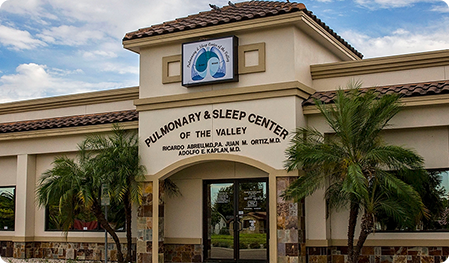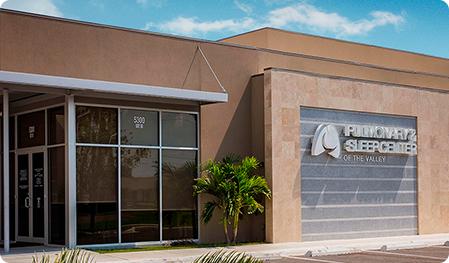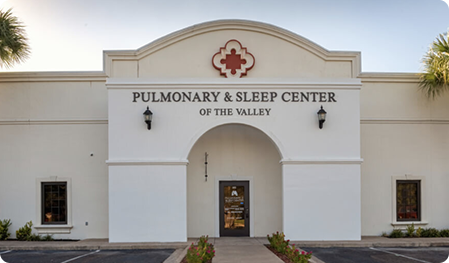Bruxism
Parasomnias are undesirable behaviors or experiences that occur during entry into sleep, within sleep, or during arousal from sleep. Parasomnias may occur during non-rapid eye movement sleep, rapid eye movement (REM) sleep, or during transitions to and from sleep.
The most prevalent parasomnias are sleepwalking, sleep terrors, nightmares, eating during sleep, REM Sleep Behavior Disorder (RSBD), and bedwetting during sleep. Sleepwalking and sleep terrors occur more often in children, while RSBD most frequently obtains in older men but can occur in younger individuals, including women. A host of medical disorders and medications can cause or worsen parasomnias.
Sleepwalking sounds funny, but it’s not. The sleepwalker might start off in the kitchen and then move outside to the street. In RSBD, the afflicted individual acts out the content of his/her dreams. For example, if the individual is having a dream in which he is engaged in aggressive or violent behaviors, he/she will perform the associated activities, including associated vocalizations, during sleep. The initial appearance of RBD symptoms is often followed years later by the development of degenerative neurological disorders such as Parkinson’s Disease. Thus many parasomnias can be dangerous to the individual, the bed partner, and anyone else close by, and RBD additionally can warn of the possibility of the later development of neurodegenerative disorders.










